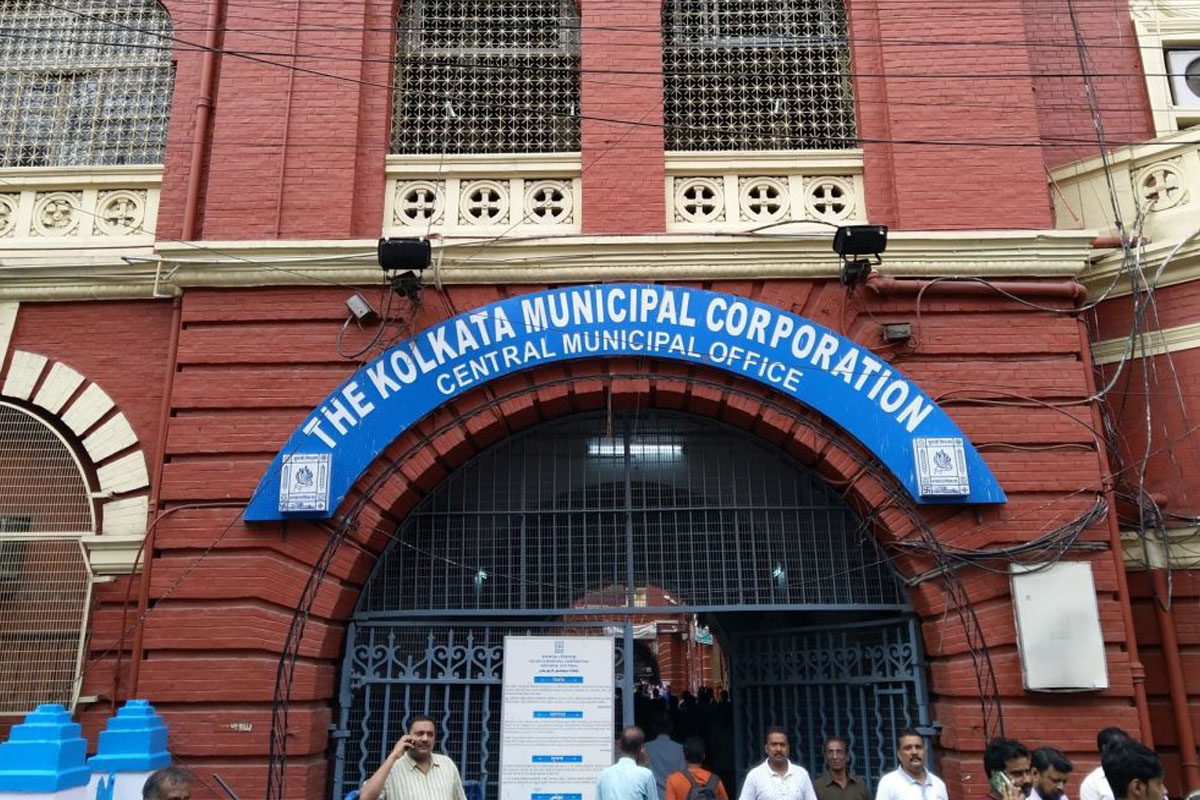Manual scavenging deaths: KMC contractor arrested
A contractor was arrested last night for the tragic incident on the outskirts of Kolkata, in which three workers lost their lives while cleaning a manhole at the Bantala Leather Complex.
Amid concerns for deteriorating air quality, the Kolkata Municipal Corporation is carrying out a ward-wise survey to find out the factors and solutions that would enable improvement of AQI at micro level.

Kolkata Municipal Corporation (file photo)
Amid concerns for deteriorating air quality, the Kolkata Municipal Corporation is carrying out a ward-wise survey to find out the factors and solutions that would enable improvement of AQI at micro level.
As learnt from sources, the survey is being carried out in the 144 wards of the municipal corporation. Along with the environment department of the KMC, the civic body has roped in experts from Bose Institute to conduct the study at ground level.
Advertisement
According to mayor Firhad Hakim, a meeting of the KMC officials, police, state transport department, chairman of Howrah Municipal Corporation, state pollution control board was held at the civic body headquarters last evening. The meeting, also attended by the mayor, was centered on ways to find out ways of improving the air quality of Kolkata. “When the wind blowing from Howrah comes towards Kolkata, it carries a lot of pollution with it. We are trying hard to address the problem using water sprinklers for suppressing dust particles,” informed Mr Hakim.
Advertisement
The mayor reiterated other causes of pollution including some old vehicles. “In New Town, there are vehicles that use fuel, causing pollution. In addition, dust particles are also one of the factors. A set of ward-wise guidelines have been given by the Bose Institute to keep the air quality good. We will implement the guideline for minimizing the pollution,” he added. According to the mayor, one of the major causes of pollution in Kolkata is the menace of single-use plastic. The mayor is said to have urged the experts to draft guidelines specific to the curbing of single-use plastic.
Taking cognizance of waste burning at road sides particularly on chilled winter nights, the municipal corporation and the city police have decided to go stricter. As informed by the mayor, citizens coming across waste burning which is one of the causes of air pollution can report it to the police by dialing 100 for the cops to take action. Apart from this, the environment department of the KMC has also announced distribution of smoke-free chulhas to the poorer sections of citizens still depending upon coal-fed ovens for their daily cooking.
Meanwhile, the civic body has made it mandatory to use Bengali on sign boards apart from other languages. “Since we are living in Bengal and most of the people of West Bengal know Bengali, it has been decided to make Bengali compulsory on sign boards while other languages could also be there,” said Mr Hakim.
Advertisement